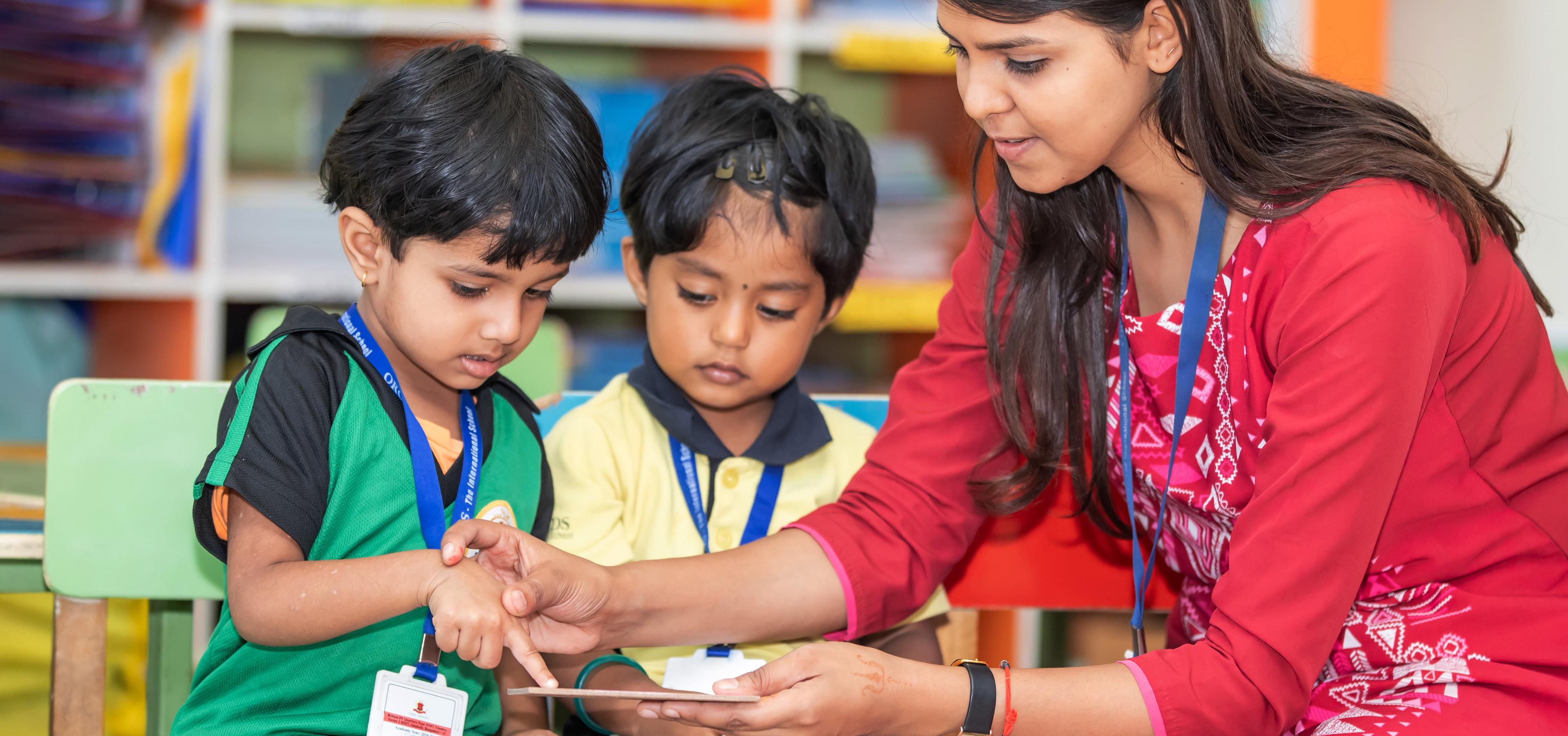In Montessori education, the Three-Period Lesson is an essential teaching method used to introduce new concepts and ideas to children. This simple but effective method is designed to help children understand and retain information, and it is used across all areas of the Montessori curriculum.
What is the Three-Period Lesson?
The Three-Period Lesson is a teaching method that consists of three stages or periods.
- The first period is the naming period, where the teacher introduces a new concept or idea and provides a clear and concise name for it. For example, the teacher may introduce the concept of a triangle and say, "This is a triangle."
- The second period is the recognition period, where the teacher asks the child to recognise the concept or idea introduced in the naming period. For example, the teacher may show the child several triangles and ask them to point to the triangle.
- The third period is the recall period, where the teacher asks the child to recall the name of the concept or idea introduced in the first period. For example, the teacher may ask the child, "What is this?" while pointing to a triangle.

Why is the Three-Period Lesson Effective?
The Three-Period Lesson is an effective teaching method for several reasons.
- Provides a clear and structured way to introduce new concepts and ideas to children. By breaking the learning process down into three stages, children are able to better understand and retain the information presented to them.
- It is interactive and hands-on. It allows children to actively participate in the learning process and engage with the material being presented. This helps to promote a sense of ownership and responsibility for their learning.
- It is adaptable and can be used across all areas of the Montessori curriculum. It can be used to introduce new concepts in maths, language, science, and cultural subjects.
Thus, the Three-Period Lesson is a valuable teaching method in Montessori education. It provides a clear and structured way to introduce new concepts and ideas to children, and it is interactive and adaptable to all areas of the Montessori curriculum and also promotes a sense of ownership and responsibility for their learning.

